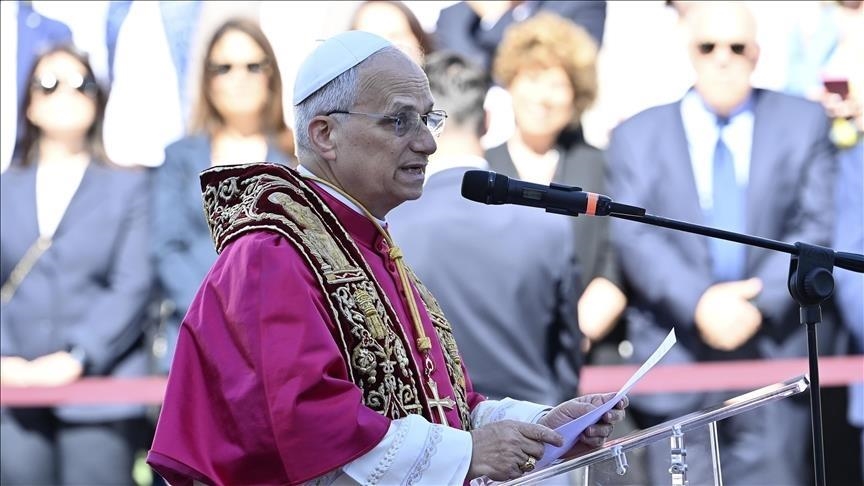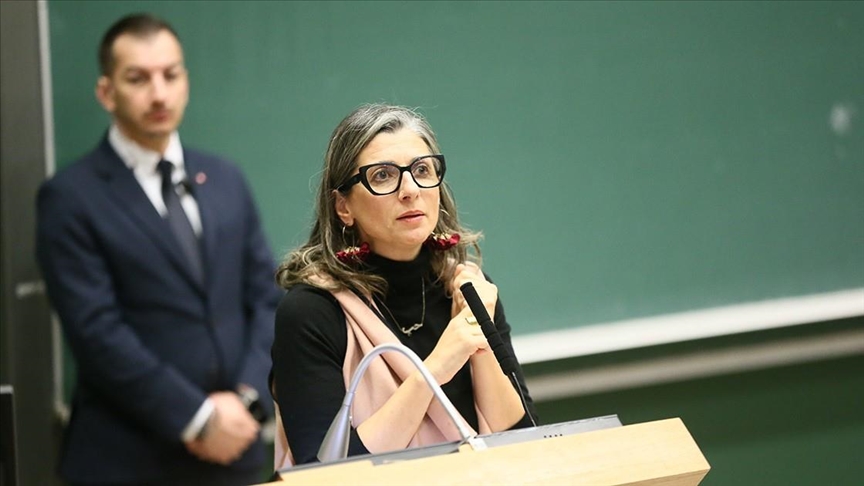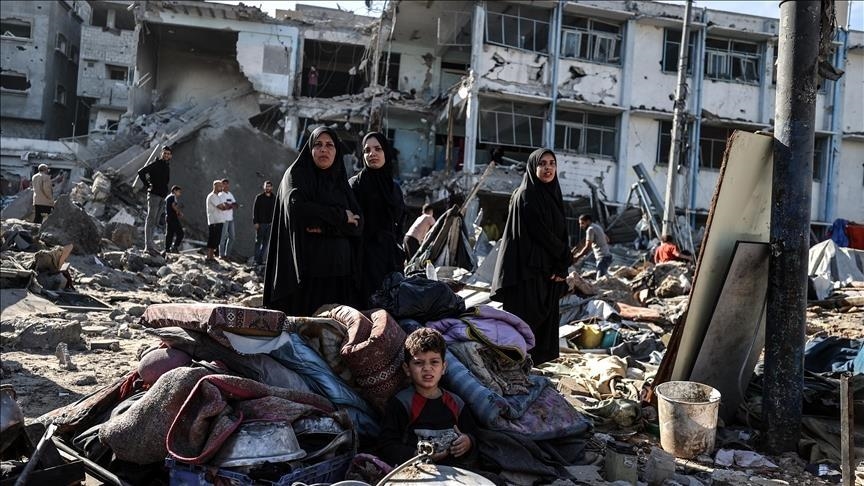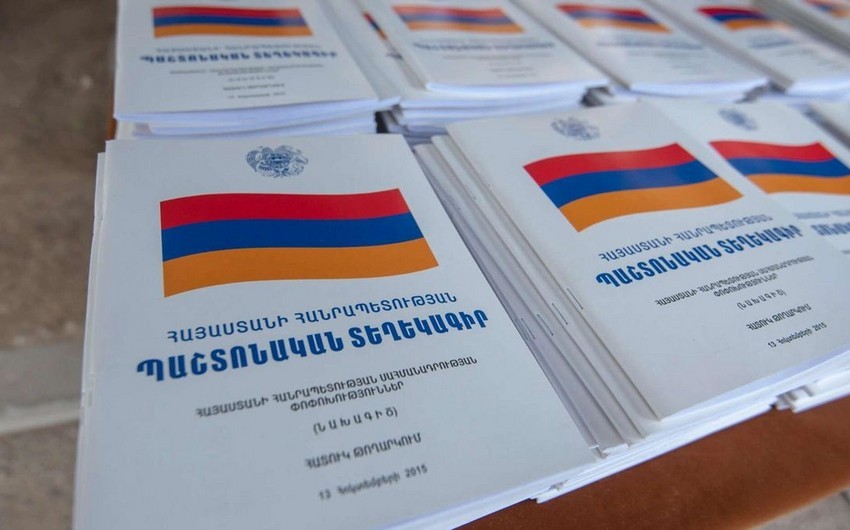In response to the reintroduction of a draft law on foreign agents by the ruling "Georgian Dream" party, citizens of Tbilisi have taken to the streets in protest, voicing their opposition under banners proclaiming "No to Russian laws" and "We choose Europe, not Russia." The contentious bill, previously passed in the first reading in March 2023 but subsequently withdrawn following widespread public outcry and unrest, has resurfaced, sparking renewed tensions among the populace.
Georgian political scientist Gia Khukhashvili, in an interview with Ednews, offered insights into the unfolding situation, cautioning that predicting its trajectory remains challenging:
"The process is complex and unpredictable. With some tactical tricks, the authorities are pushing the events in their favor before the election. They think that this time, the public is well conditioned to return to the agenda, namely to strengthen control of the public sector. The main issue is how active the Georgian youth, who played a decisive role in last year's events, will be. It is difficult to predict the situation now. This is a long-term process, and its results will be reflected in the October elections. The vast majority of young people are clearly pro-European. Another issue is to what extent they believe that there is a real threat to the development vector of the West and whether they are ready to defend it accordingly."
The remarks by Khukhashvili underscore the uncertainty surrounding the protests and their potential impact on Georgia's political landscape. As tensions escalate, all eyes are on the upcoming elections and the role of the youth in shaping the country's future direction.
Khayal Ramiz










